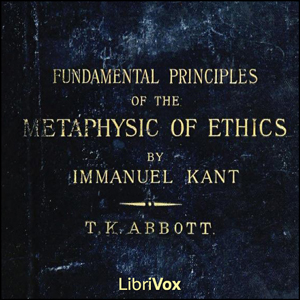- Foreword and Translator's Note
- Epistle
- Book I, part 1
- Book I, part 2
- Book I, part 3
- Book I, part 4
- Book II, part 1: Of the Island and Cities of Utopia
- Book II, part 2: Of the Magistrates; Of Sciences, Crafts and Occupations
- Book II, part 3: Of Their Living and Mutual Conversation Together
- Book II, part 4: Of Their Journeyng or Travayling Abrode
- Book II, part 5: Of Bondemen, Sick Persons, Wedlock etc.
- Book II, part 6: Of Warfare
- Book II, part 7: Of the Religions in Utopia
- Peter Giles to the Right Honourable Ierome Buslyde
- Utopian verses etc.
Originally entitled A frutefull pleasaunt, and wittie worke of the beste state of publique weale, & of the newe yle, called Utopia: written in Latine, by ... Syr Thomas More knyght, and translated into Englishe by Raphe Robynson ...
The first book tells of the traveller Raphael Hythloday, to whom More is introduced in Antwerp. The second book consists of Hythloday's description of the island and people of Utopia, their customs, laws, religions, economy, language and relations with other nations. Hythloday portrays Utopia as an idealised state, where all property is common to all the people and money does not exist within its bounds, thus, he argues, removing all poverty, hunger and fear, and most criminal acts. More himself appears unconvinced by some of his narrator's arguments.
This is recorded from a reprint of the 1556 Robinson translation, with a foreword by William Morris. (Summary by Ruth Golding)
The first book tells of the traveller Raphael Hythloday, to whom More is introduced in Antwerp. The second book consists of Hythloday's description of the island and people of Utopia, their customs, laws, religions, economy, language and relations with other nations. Hythloday portrays Utopia as an idealised state, where all property is common to all the people and money does not exist within its bounds, thus, he argues, removing all poverty, hunger and fear, and most criminal acts. More himself appears unconvinced by some of his narrator's arguments.
This is recorded from a reprint of the 1556 Robinson translation, with a foreword by William Morris. (Summary by Ruth Golding)
There are no reviews for this eBook.
There are no comments for this eBook.
You must log in to post a comment.
Log in











